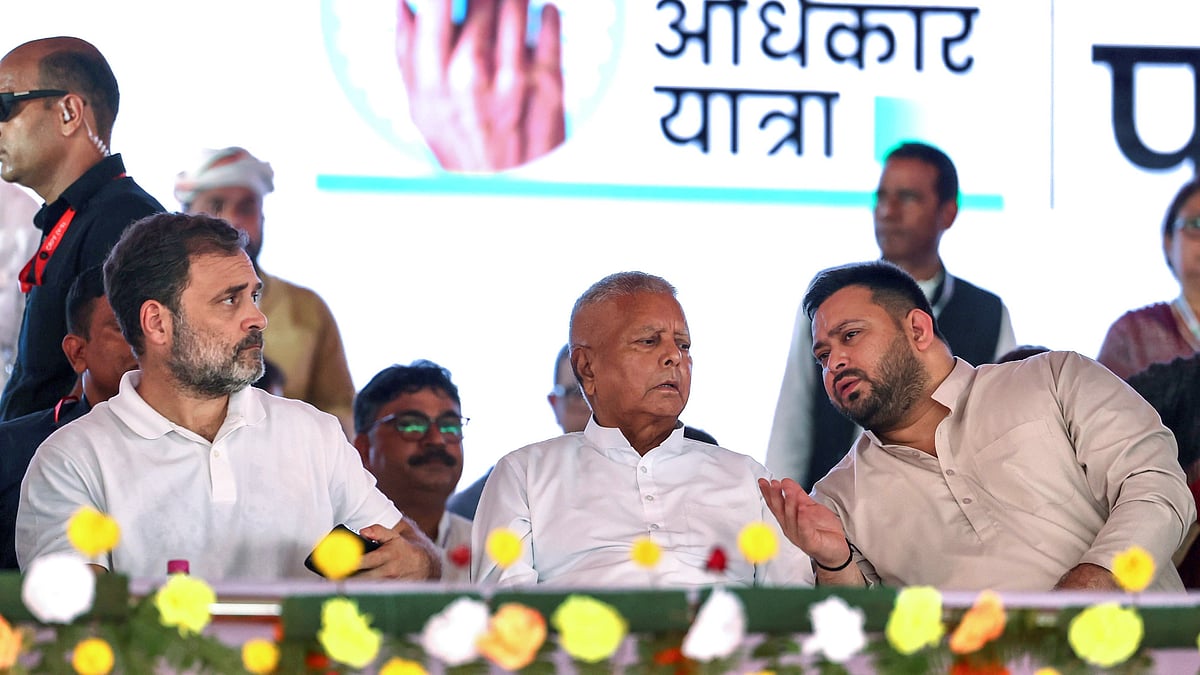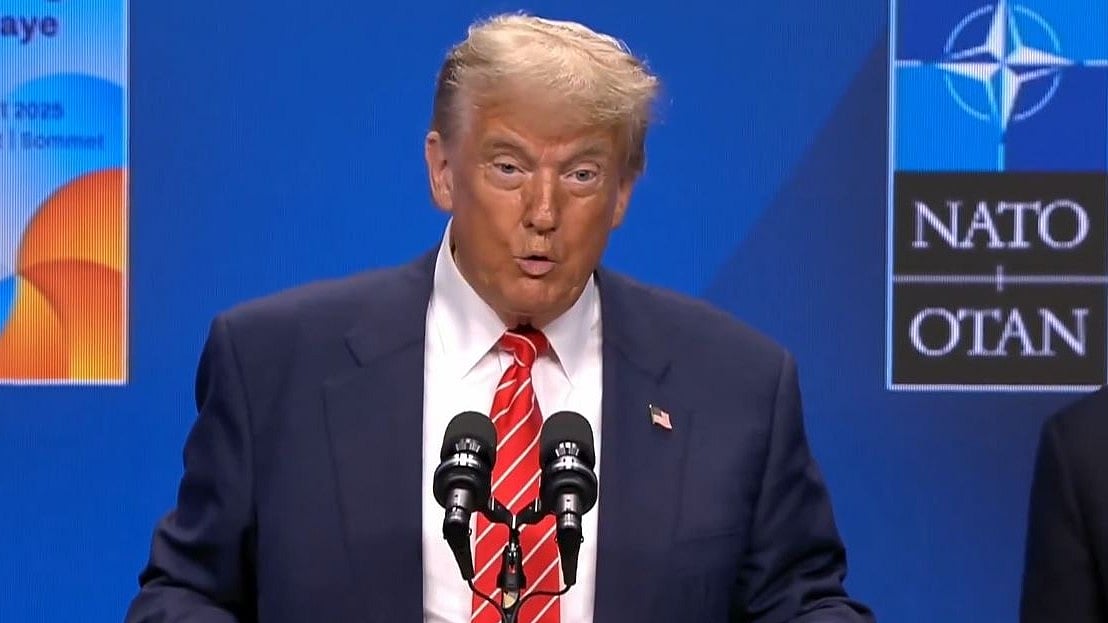Mumbai: The National Payments Corporation of India (NPCI) has announced new guidelines for the Unified Payments Interface (UPI), effective from April 1. These changes aim to improve the UPI experience for users and make transactions more secure and reliable.
According to the new rules, UPI IDs linked to inactive mobile numbers will become inactive. This means if your registered mobile number with the bank is inactive for a long time, your UPI ID will be unlinked, and you won’t be able to use UPI services.
To avoid this issue, it is important to keep your mobile number active and updated with your bank. If your number is inactive or has been reassigned to someone else, it may cause problems while using UPI services.
Rules for Banks and UPI Apps
All UPI member banks, apps, and third-party providers must follow these guidelines. Banks and apps are required to update mobile number records every week to prevent issues caused by recycled or modified numbers.

(Symbolic Image) |

According to the Department of Telecom (DoT), a mobile number can be assigned to a new user after 90 days of disconnection. If a number is not used for calls, messages, or data, telecom providers deactivate it. These inactive numbers are known as recycled or churned numbers.
Under the new guidelines, your bank-verified mobile number will be used as your UPI ID. This makes it even more important to ensure that your mobile number is active and correctly linked to your bank account.
Opt-in for Numeric UPI IDs
UPI applications will now offer numeric UPI IDs, but users must actively choose to enable this feature. The default setting for numeric UPI IDs will be opted out, meaning users need to give permission to activate it.
If there are delays in NPCI verification, UPI apps may temporarily handle numeric UPI ID issues internally. However, they must document these issues and report them to the NPCI every month for proper monitoring.












